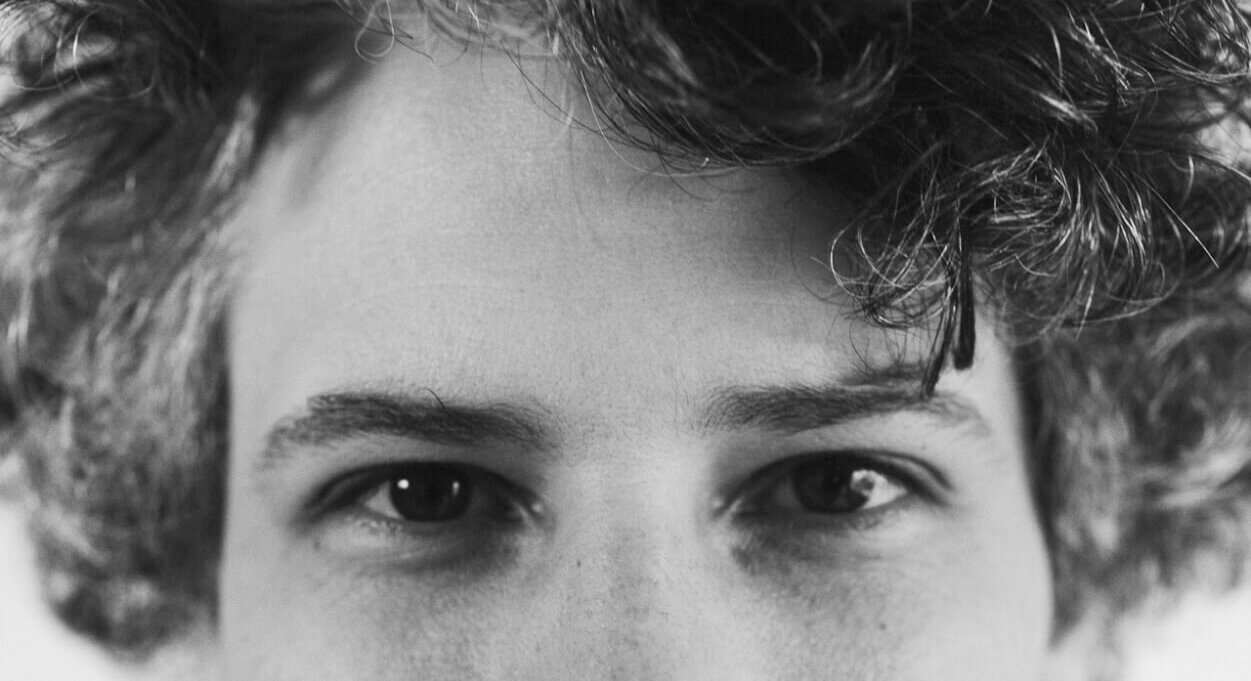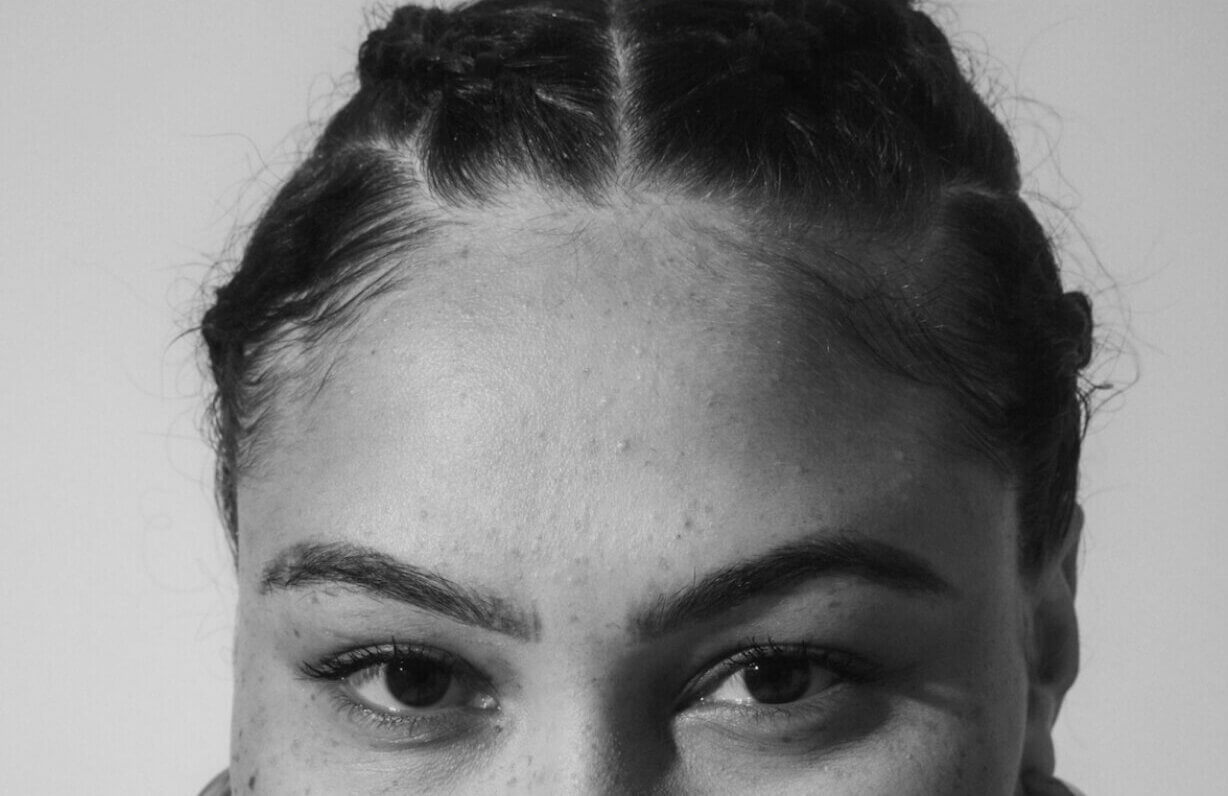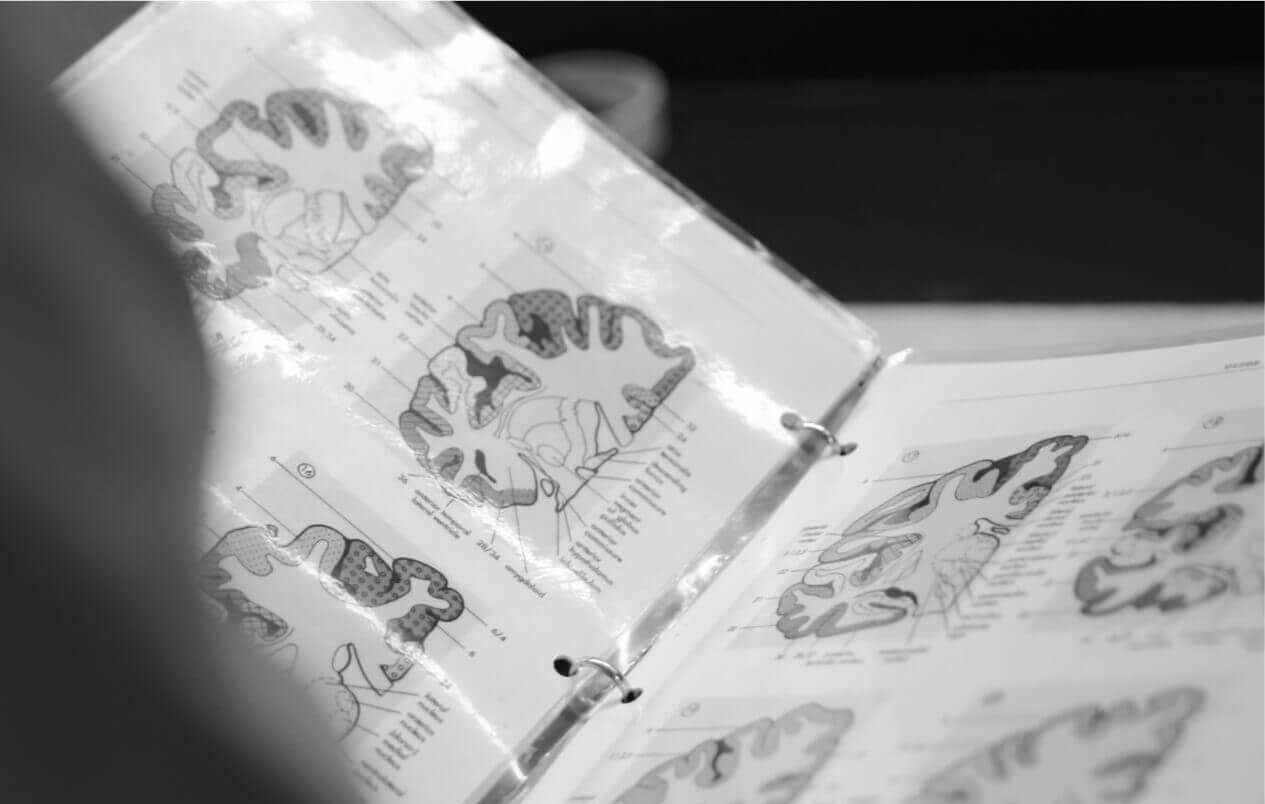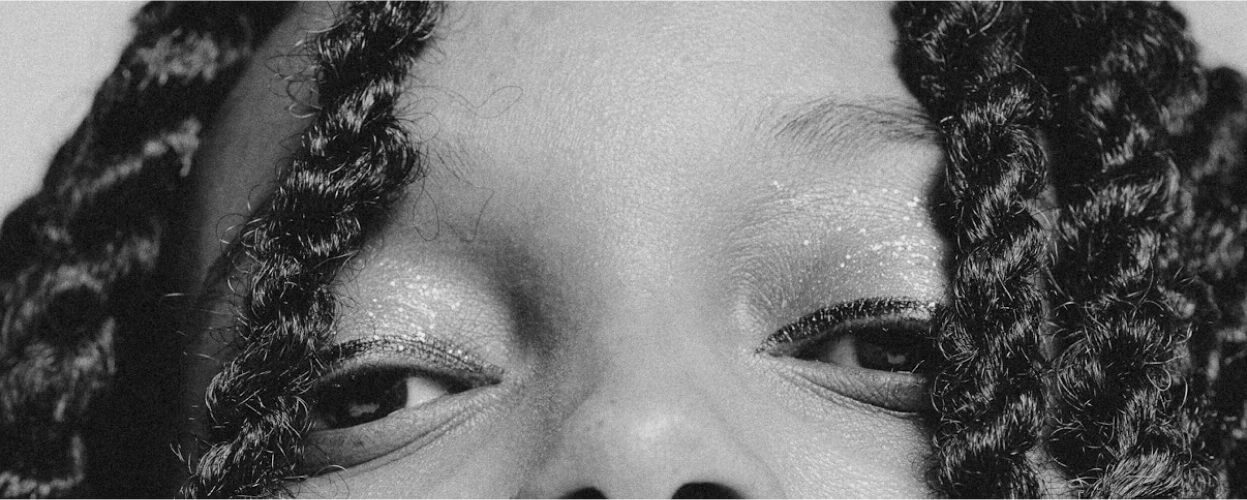Spotlight on Rare Disease Week
The last week of February is an important one to us at The Brain Donor Project. It’s Rare Disease Week – when the spotlight is on better ways to diagnose, treat (maybe even prevent) and cure diseases that affect a smaller amount of people. In the U.S., that’s defined as fewer than 200,000 people…and among those are some ultra-rare ones with a much smaller patient group. No matter how they’re categorized, however, these patients are special for many reasons.
Perhaps most important is they don’t get the attention (read: resources) as more widespread disorders and diseases which have individual National Awareness Days, high profile media attention and viral fund-raising campaigns. It’s just more difficult to advocate for action in support of the disorders that are not as prevalent. But during Rare Disease Week, the conversation changes a bit when communities come together to learn about new therapies, support and science that can be shared to elevate all. It’s a wonderful thing to realize that, yes, we are all – and I mean ALL – in this together. Critical mass in this space means something.
The tricky part is that many of these rare disorders are developmental, meaning they come from a genetic anomaly or are discovered in childhood, which means the fiercest advocates are parents who want to see their kids live a long healthy life. As we all do. And there’s more of an urgency because they’re children. There isn’t one parent advocate we’ve met who doesn’t feel the clock ticking as their babies go through yet another day without what they need to be healthy. When the focus is so strong on just surviving, it might seem insensitive to steer the conversation to donating the child’s brain when the time comes. Which could very well be when he or she is still a child.
Our challenge is to help families consider this possibility NOW rather than later. It is not an either/or scenario. It is entirely possible to live in service of finding a cure or treatments, while also making the decision to donate for future studies. If certain people had NOT donated before now, it’s arguable that we wouldn’t even have diagnoses for many of these disorders.
Deciding to pre-register to be a brain donor is not “giving up” on any individual, or rare disease. Kindly think about it as “giving back” in a way that will advance science for future generations. And we’re right there with you on pushing for progress — every step of the way.



